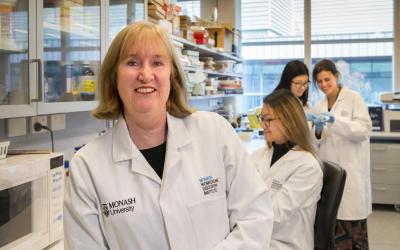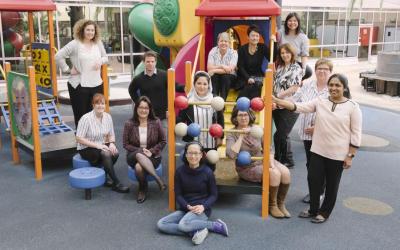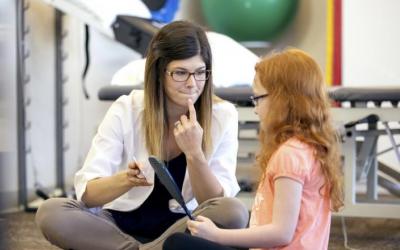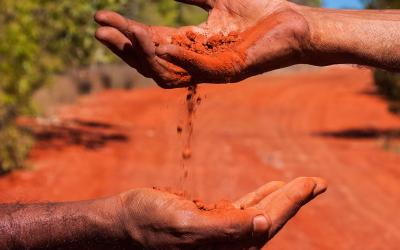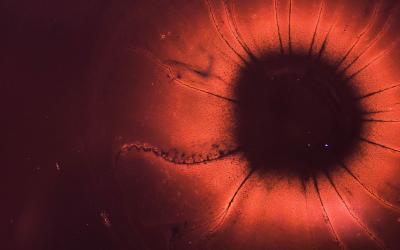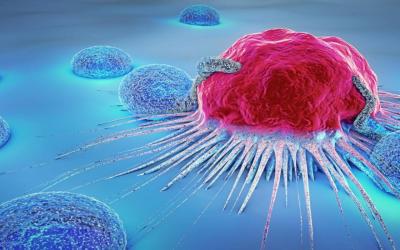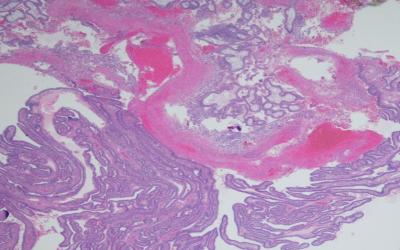Discover the stories behind Australia’s leading health and medical research in our InFocus articles.
Through compelling stories, we highlight the achievements of researchers driving innovation and improving health outcomes. InFocus celebrates excellence and impact across diverse fields of science and medicine.
Explore the stories from the search below. See more news, articles and updates from our News centre.
